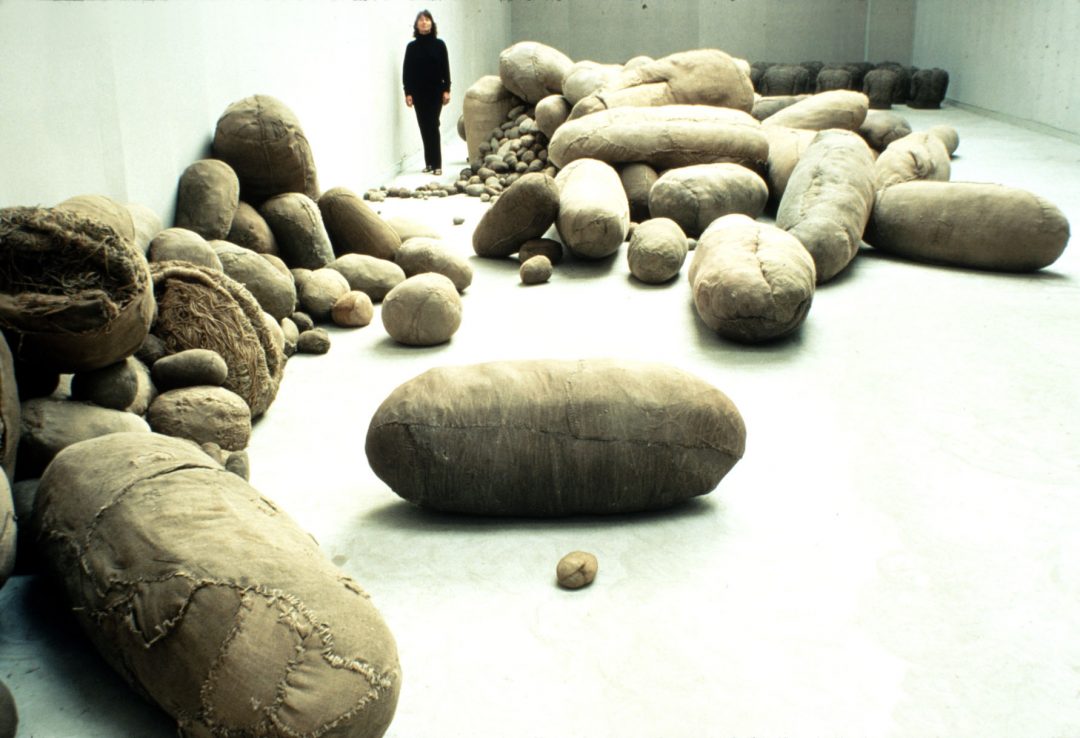Kręte ścieżki feminizmu
Słowa kluczowe:
feminizm, Magdalena Abakanowicz, Katarzyna Kozyra, sztuka kobiet, Clara Zetkin, Aleksander Kobzdej, równouprawnienieAbstrakt
The world feminism started in the USA with the women’s struggle for a better pay and working conditions. Transplanted to Europe, and subsequently to the Soviet Union by the communist Clara Zetkin, it promptly died out there, since Soviet women had been made equal with men as for their duties. From then on for numerous decades the aspirations of women, including female artists in Western societies, proved incompatible with the expectations of women within the ‘Eastern Bloc’. This gap was visible already during the role-assigning in WW II, as well as in the means of paying tribute to women’s heroism and their symbolic, or maybe allegoric functioning in social awareness, the latter shaped both by the propaganda and the media and art that came from men’s ateliers. In the post-WW II decades, until the late 1980s, the differences in the approach to goals and means between the conventionally-conceived West and East were still visible. This can be traced on the example of the oeuvre of Polish women artists and their activity in the decades following WW II. It was only after the transformation that Polish women artists-feminists joined in the international discourse, yet maintaining references to their domestic social and political realities, again different from the West, at the same time overcoming subsequent cultural taboos rooted in the collective hypocrisies.
Downloads
Bibliografia
Aleksijewicz Swietłana, Wojna nie ma w sobie nic z kobiety, przeł. Jerzy Czech, Wołowiec 2010.
Buber Neumann Margarete, Als Gefangene bei Stalin und Hitler, München 1949.
Gorządek Ewa, Pinińska Bereś Maria, https://culture.pl/pl/tworca/maria pininska beres [dostęp: 14.09.2020].
Winkler Anna, Ile kobiet zginęło na frontach II wojny światowej?, Twojahistoria.pl [dostęp: 28.05.2018].
Zetkin Clara, Für die Befreiung der Frau! Rede auf dem Internationalen Arbeiter Kongress zu Paris, 19 Juli 1889 [w:] Protokolle des Internationalen Arbeiter Kongress zu Paris, 14–20 Juli 1889, Nürnberg 1890, s. 80–85.


 Uniwersyteckie Czasopisma Naukowe
Uniwersyteckie Czasopisma Naukowe



